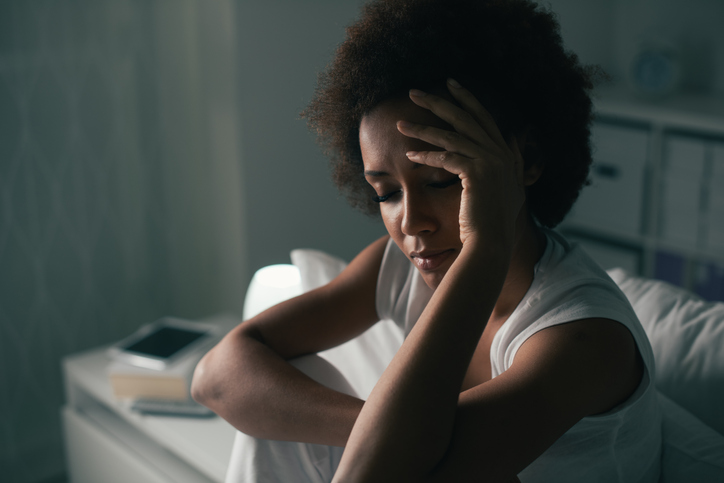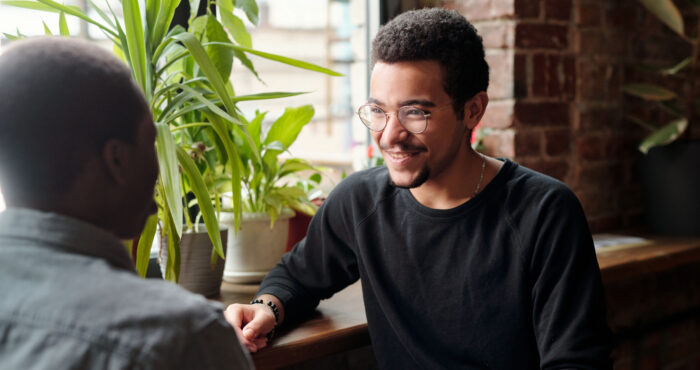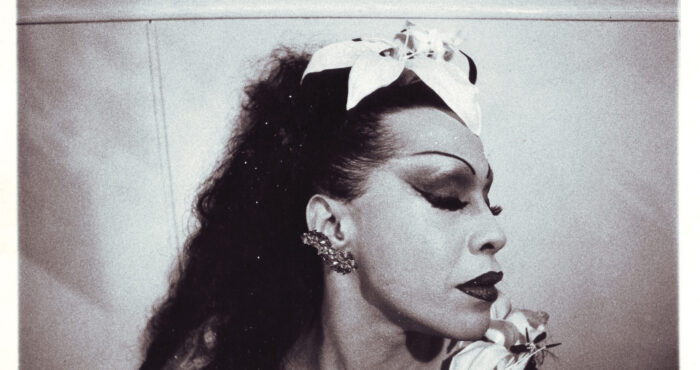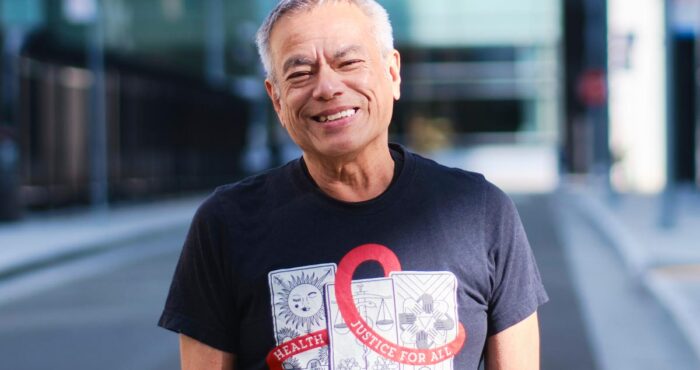How to Prevent Suicide and Protect your Mental Health this Holiday Season

Editor’s Note: This article may contain information that may be sensitive to some groups. If you are seeking help, please refer to the resources at the end of this article.
When I sat down to write this I thought I was doing a great service by shedding light on a holiday suicide epidemic. Surprisingly, during my research, I learned that suicide rates actually rise in the spring and fall and tend to drop in December, according to the Centers for Disease Control and Prevention. My first thought was, why is this myth so popular? I then realized that perpetuating this myth only does more damage. Remembering why I chose to write this article, I discovered that what I had to say about suicide was more important than when it is said.
My intention in writing this article is to make a difference within the LGBTQ, and POC communities that are affected by higher rates of trauma, depression, and suicide. Looking at the leading causes of suicide within the LGBTQ communities, we will explore how it can be prevented and what resources are available to support us through these times of heightened isolation.
While stress and anxiety are common during the holidays, spikes in depression and suicide appear to be a precursor to holiday cheer. We can chalk the myth of the holiday suicide epidemic up to “It’s a Wonderful Life” and popular media. This makes sense because suicide happens year-round. Though historical trends will show that there tend to be spikes when the seasons change in the spring and fall, that does not take into account the anomaly that has been the year 2020.
In the midst of a pandemic, rates of depression, substance use, and suicidal ideation have increased over four times compared to reports in 2019. These reports show a greater impact on young adults, people with less than a high school diploma, and higher numbers within communities of color. Nielsen reports how adult alcohol and substance use has increased dramatically since the start of the pandemic. With numbers like these, it’s not hard to imagine that these may be some of the most stressful times in recent history.
This type of emotional isolation and invisibility are major factors of depression within LGBTQ communities. Many of us face the unpleasant reality of our families, and friends no longer accepting us. Whether openly, or in subtle ways, being emotionally ostracized is difficult. Societal and cultural norms of homophobia put the LGBTQ community at a higher risk for depression, suicide, and the need for mental health resources.
LGBTQ teens face disproportionately higher rates of homelessness and are twice as likely to attempt suicide due to these societal standards and cultural norms. This also makes them easier targets for sexual trauma, hate crimes, and human trafficking. Robert Harrell, activist, and supporter of The Trevor Project believes LGBTQ teens who are kicked out is the number one reason they died by suicide.
Unfortunately, trans men’s suicide rates are all too common. Luckie Alexander, the founder of Invisible Men, wanted to give a voice to all trans men, particularly trans men and nonbinary transmasculine people of color. The organization provides a space for people to share their stories, as well as advocate for medical inclusion, and advancements in mental health resources.
“Trans men, especially trans men of color face conversations of suicide at astronomically higher rates. Gender normative paradigms create a culture where men cannot openly express emotion. This environment is especially dangerous for trans men; going from a feminine paradigm that says you have the right to feel and be protected to a masculine paradigm that tells you to ‘toughen up.’ “Those kinds of responses can make you feel invisible,” said Alexander.
Feelings of isolation are normal and can be remedied by finding ways to contribute to others. Volunteering, community service, or even helping out a friend can shift a depression paradigm and provide a profound sense of accomplishment.
Crying is the soul’s way of relieving tension. Allowing yourself to have a good cry releases endorphins and can reduce stress, anxiety, and frustration. While there are many benefits in allowing yourself to cry, these effects are not the same when crying is induced or unyielding. If you are unable to find an emotional balance it may be time to reach out and seek support.
Speak with someone if you are experiencing thoughts of depression or suicide. The following is a list of resources and organization that offer assistance and support:
- National Suicide Prevention Lifeline
- The Crisis Textline
- National Institute of Mental Health
- The Trevor Project — Saving Young LGBTQ Lives
- World Health Organization
- Suicide Prevention Resource Center
- Substance Abuse and Mental Health Services Administration
- Sober Nation
Suicide is a public health issue. Thoughts of depression and suicide can cause shame, resulting in further isolation. You should know that it is OK not to be OK right now. No matter who you are, remember that perfection is a myth. Saying that you are OK when you are not, creates more isolation and loneliness. Simply having someone to talk to can make all the difference.










